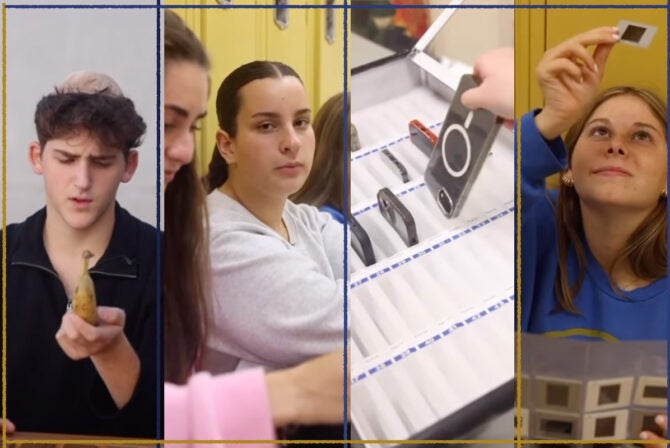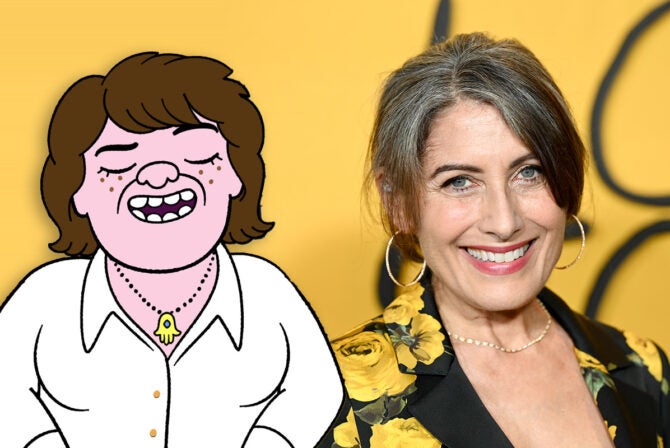A medal hangs over my vanity mirror. As it catches the light from above, it’s clear that the cheap plastic is gaudy.
While it’s only a participation medal, this piece of plastic is a constant reminder of my transformation. For two years, I learned how to accept (and sometimes even love) my body.
Plenty has been written about the way society dictates that women should be tall and thin in order to fit into today’s definition of attractive. As early as my preteen years, I was constantly on a diet–and dragging myself to one physical activity or another in order to shed the extra pounds that I believed kept me from feeling good about my body. I know I’m not the only one who has struggled with weight and body image.
Despite being married to a man who loves me and my body as I am, I still found myself hating my body at the age of 30. I would drag myself to an aerobics class that I despised twice a week because of this. As my gym membership was nearing renewal, I discovered that a pole dance studio opened up near my home; I could finally ditch the boring routine.
During my first class, I learned to walk around the pole and turn somewhat gracefully. I was mortified when, at the end of the class, the teacher came up to me discreetly to tell me that once I started climbing the pole, I’d need shorter shorts in order to enable my skin to grip the pole. For me, it’s not a matter of religious modest— but I simply didn’t believe my thunder thighs should see the light of day.
It took me almost two months to climb the pole and touch the ceiling. I remember looking into the reflective dome at the top of the pole and smiling, seeing how far the ground was beneath me. The feeling was exhilarating. I was hooked.
Over the next two years, I learned a plethora of moves and tricks. Of the group of women who started with me, some have left, but others have become good friends as we encourage and support each other, both physically and mentally, while learning new moves. While we each have moves that come more easily, and others that are out of our reach until we acquire more flexibility and strength. There are moves where I find that actually having a little extra around my thighs or stomach an asset, helping me grip the pole more securely.
It’s extremely hard not to compare my body or my progress to others, though. I’m constantly reminding myself that my journey is my own–and while there are things that come easy for me, others take time and practice. And yet, my body has become noticeably stronger and more flexible, even if I still don’t fall into the definition of “thin.”
One Friday, as I was preparing for our competition, three very skinny, tall new girls were sitting in the studio, waiting for the beginners’ class. I heard them giggling as they pointed at me in my short shorts and sports bra. I bit my lower lip as I practiced my routine. I could feel them staring at me as I executed advanced moves. When I finished, they coyly asked me how long I’ve been pole dancing. “Long enough,” I answered, which seemed to annoy them.
Of hundreds of women who pole dance, only eight of us had the guts to get up on stage in front of an audience and compete. I didn’t place among the top three. That’s perfectly fine, because I didn’t expect to. I worked hard on the dance and choreography. I sewed my own costume. For three minutes, all eyes were on me and it felt amazing. I relished every second of the applause I got as I took a bow.
It’s been six months and an entire pregnancy since I last attended pole class. I still haven’t returned to my pre-pregnancy weight–and as I look in the mirror, my body flaunts a mommy tummy and stretch marks. Yes, I wish I were thinner. Yes, I wish I looked like a sports model. I won’t lie and tell you that I love my body, but now I do appreciate it.
This body, which can hoist itself up a 12-foot pole, spinning and flipping, has given life to an amazing daughter. This body is mine and I’m proud of it.

This post is part of the Here.Now series, which seeks to destigmatize mental health,
and is made possible by UJA-Federation of New York and The Jewish Board.
You can find other educational mental health resources here.







